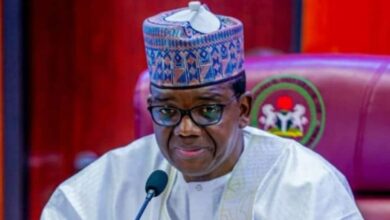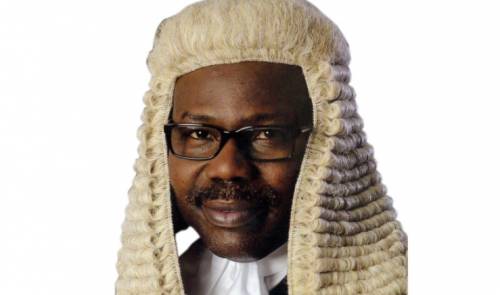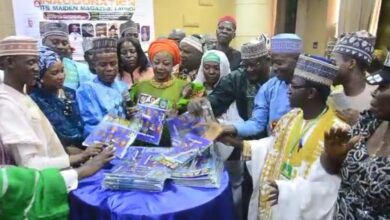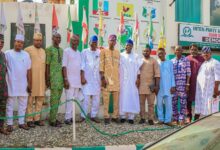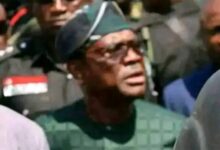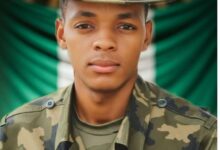JUNE 12: African leaders gather as Nigeria’s inaugural June 12 Democracy Day holds
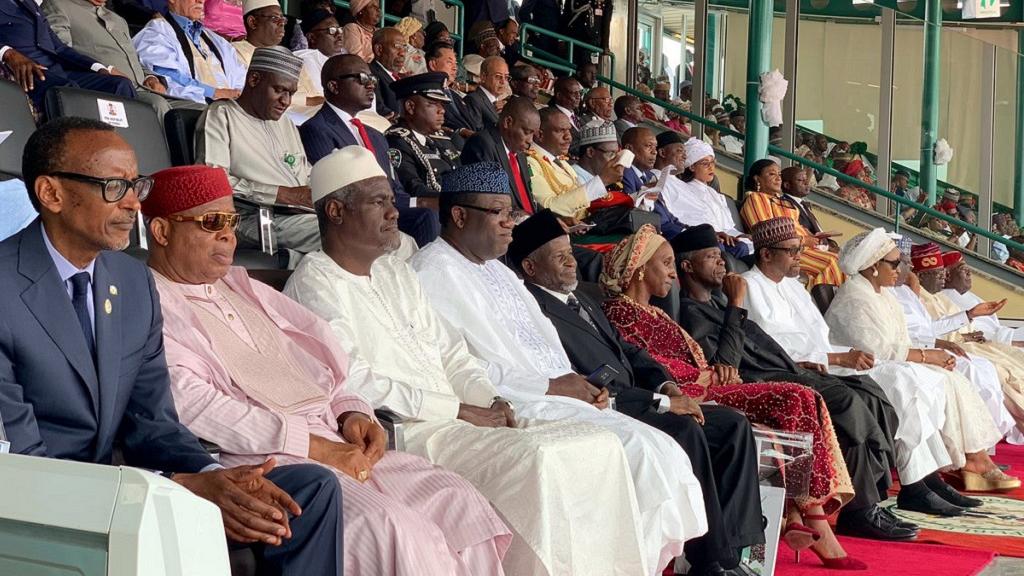
*Following Buhari signing of June 12 Bill on June 6, 2019
Many African leaders thronged the Nigeria’s capital city of Abuja on Wednesday as June 12 Democracy Day Celebration held for the first time in the history of the struggle for actualization of the annulled June 12, 1993 adjudged to have been freely, fairly and credibly won by late Alhaji Moshood Kashimawo Olawale Abiola popularly called MKO Abiola.
Although Chief Olusegun Obasanjo became the first and main beneficiary of the struggle, neither he nor his successors particularly Goodluck Ebele Jonathan, also a southerner like Obasanjo, listened to the overwhelming demands to actualize the date as real date for democracy day in the country until President Muhammadu Buhari, a Fulani from Northern Nigeria, came to power 16 years after on May 29, 2015.
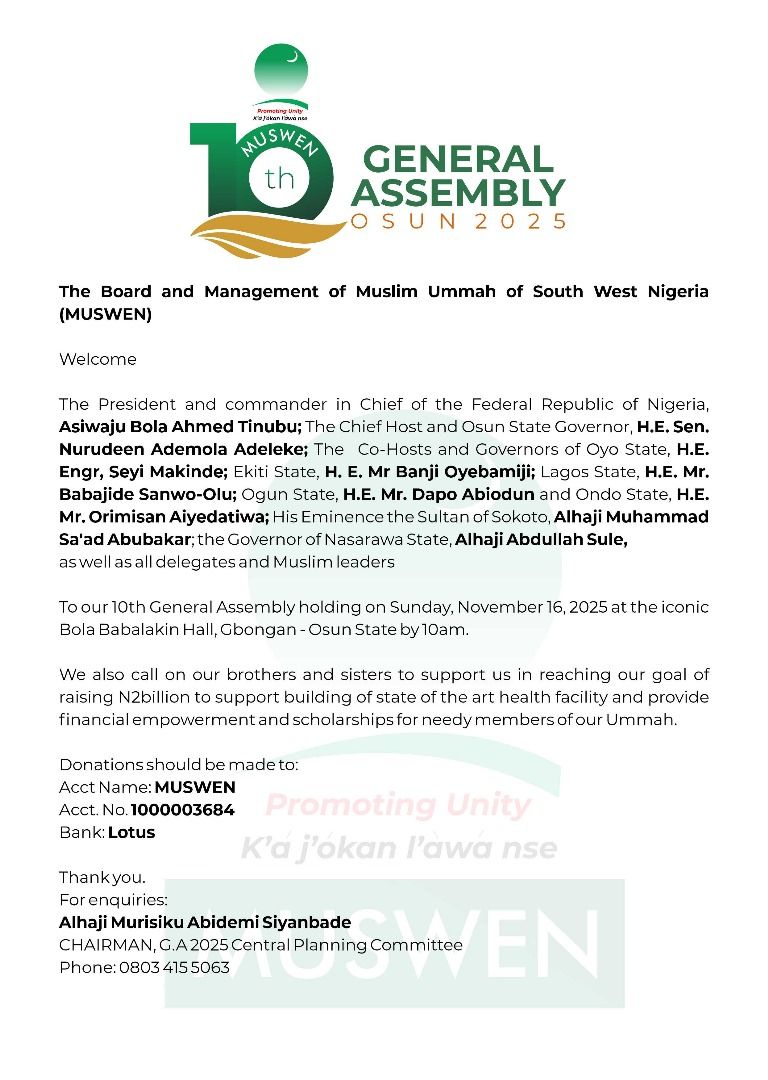
By the decision of President Buhari, therefore, June 12 is now officially a national holiday in Nigeria for the celebration of “Democracy Day” in Africa’s most populous country.
A number of African leaders were in the capital Abuja for the inaugural celebration of the day the military handed over power to an elected civilian government back in 1999.
Until June 6, 2019 when President Buhari signed the June 12 bill slating the day as “Democracy Day” into law, May 29 each year had been celebrated for the particular purpose.
Nigeria this year thus celebrated two decades of uninterrupted civilian administration spanning four presidents, starting from Olusegun Obasanjo to Umaru Musa Yar Adua, Goodluck Ebele Jonathan and the incumbent Muhammadu Buhari.
The DEFENDER reports that African leaders in Abuja for the celebration included: Paul Kagame of Rwanda, who had earlier joined Buhari at an anti-corruption summit on Tuesday; George Manneh Weah of Liberia; Denis Sassou Nguesso of Congo Republic; Hage Geingob of Namibia; Macky Sall of Senegal; Mohammed Ould Abdel Aziz of Mauritania; Mahammadou Issoufou of Niger; Nana Addo Dankwa Akufo-Addo of Ghana; Idris Deby Itno of Chad; Yoweri Museveni of Uganda; Moussa Faki Mahamat of Head of African Union Commission, AUC, among others.
Buhari’s inauguration speech transfer
President Buhari raised eyebrows during his inauguration for a second term which took place on May 29 after he turned down the idea of delivering an inaugural speech.
At the time, the official government position was that the ceremony had been done on a low-key without the usual fanfare as the government put more efforts into today’s event.
The president has as expected delivered an address on the occasion of the inaugural commemoration.
The May 29 event had no invited guests and the normal military parades and change of flags were done to symbolize a change of order. Buhari and his vice Yemi Osinbajo took their respective oaths and the event ended.
A history of Nigeria’s Democracy Day – Extract from “The Conversation”
In a piece explaining why June 12 is important to Nigeria, a Political Science lecturer at the Obafemi Awolowo University, Damilola Agbalajobi, wrote for The Conversation.
June 12 carries huge significance for older Nigerians. It was on this date in 1993 that presidential elections were held for the first time since the 1983 military coup. It was an event many observers have described as the most significant in Nigeria’s post-independence political history. It is still viewed as the freest, fairest and most peaceful election ever held in Nigeria.
On the day, an estimated 14 million Nigerians – irrespective of ethnic, religious, class, and regional affiliations, (in a period when religious acrimony and tension had reached its zenith) – defied bad weather to elect their president with the hope of ending eight years of military dictatorships.
The euphoria was short-lived. The results of the election were never released. But unofficial results gathered through the various polling stations by civil society groups across the country indicated broad national support for the presidential candidate of the Social Democratic Party, Chief Moshood Kashimawo Olawale Abiola.


